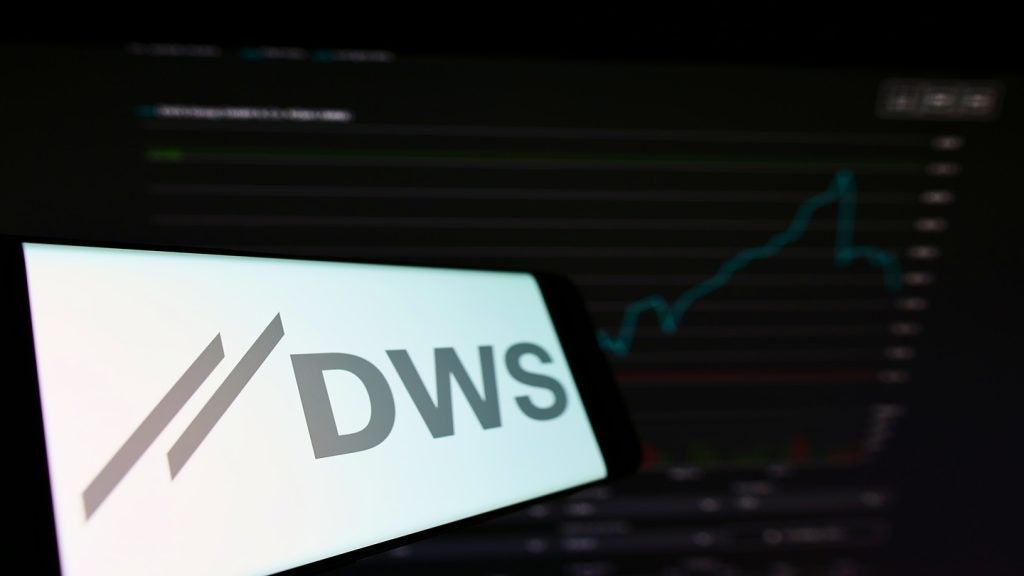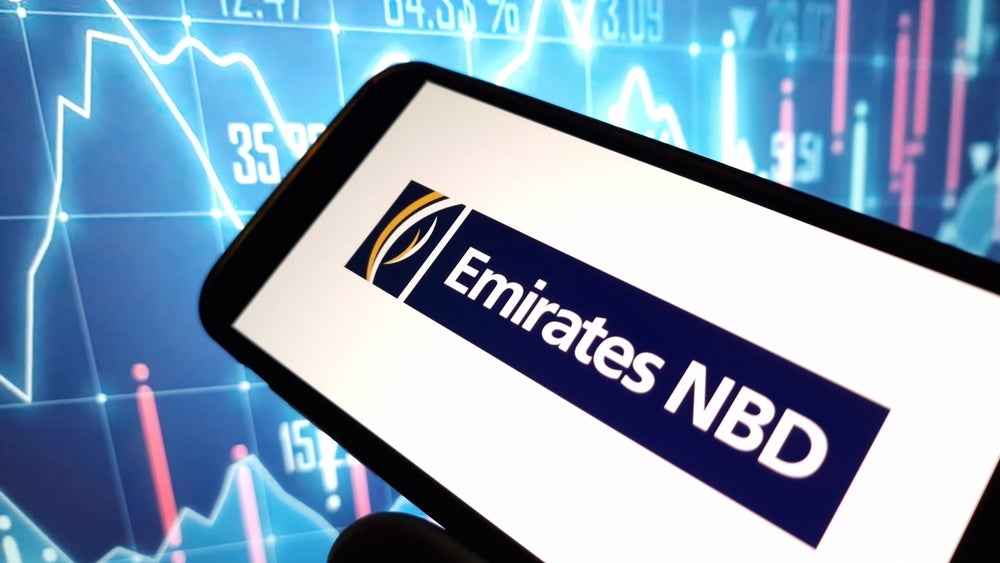
Stock market index provider firm MSCI is aiming to broaden its coverage of sustainable investing, unveiling ESG ratings for 32,000 funds and ETFs, in a move welcomed by digital wealth manager, Nutmeg.
MSCI has said that the ratings could be used by fund and wealth managers to ensure portfolios are aligned with their clients’ values, measure positive impact of investments and report on the sustainability of clients’ investments.
MSCI scores each fund with a rating based on its exposure to risks and opportunities from an ESG perspective.
The scores range from AAA and AA (Leader ratings) for funds that invest in companies which tend to show strong or improving management of ESG issues, to B and CCC (Laggard ratings) for funds investing in companies whose management of these is inadequate or worsening.
The ratings are based on metrics, such as carbon footprint, water exposure or governance risks.
“With interest in socially responsible investing increasing among consumers, we welcome this move to rate such a large proportion of the retail investment fund universe for ESG factors,” says James McManus, head of ETF research at Nutmeg.
“In other aspects of their lives, people can clearly see how their choices align to their values – if they drive a hybrid car, choose a renewable energy provider or pick responsibly sourced food for example – but for far too long it’s been too difficult for investors to see how their investments align to their values.
“Having worked with MSCI to launch detailed ESG analytics for all Nutmeg portfolios last year, we have seen an overwhelmingly positive response from our customers who welcome the transparency they get.”
ESG funds have become increasingly commonplace in the investment world. The FT reported in July that assets in the sector rose by 15% in the first half of 2019, compared to a 1% growth throughout the whole of 2018.
With the predicted ongoing growth, there is likely to be a heightened need for ratings systems and scoring along the lines that MSCI is providing.
However, the main question on investors’ lips is, ultimately, likely to concern performance, and there will remain swathes of investors and institutions that believe a sacrifice on return must be made for the benefit of ethics.
Ethically-aligned portfolios can come with a substantial degree of risk, particularly if they become over-exposed to a small pool of sectors.
However, on the launch of their range of ESG portfolios last November, Nutmeg argued that evidence suggests socially responsible investing leads to higher returns.
“The companies that are best placed to operate successfully in the future are those with strong social responsibility profiles, that do business in a fair and progressive way, with a management team that addresses short-term risks while ensuring the company is positioned to adapt to long-term transformational changes,” McManus wrote in a blog post for the robo-adviser’s website.
Swiss bank UBP launched its own ESG funds at the end of September 2018, and its managers argue much the same.
“The simple point is that there is this huge groundswell going on between incumbent, dirt, anti-social industries that affect all our stock markets, and the new solutions that are coming forward,” says Rupert Welchman, co-manager of the fund.
“The cost of capital of unhealthy companies, such as those extracting fossil fuels, is going up, and that’s before we even really get involved in the weeds of stranded assets.
“So, when you’re talking to someone who says, ‘I don’t really care about ethics, I’m only interested in returns’, the argument is that an ETF that has a very large percentage of its money allocated to yesteryear industries, and all those issues of how you deal with the backbook revenue, will surely have an influence over future returns.”
Negative ratings from companies such as MSCI are likely to further inject risk into companies with an inadequate ESG showing, and so the argument for the comparative long-term viability and favourable returns of sustainable investing could well become self-fulfilling.






